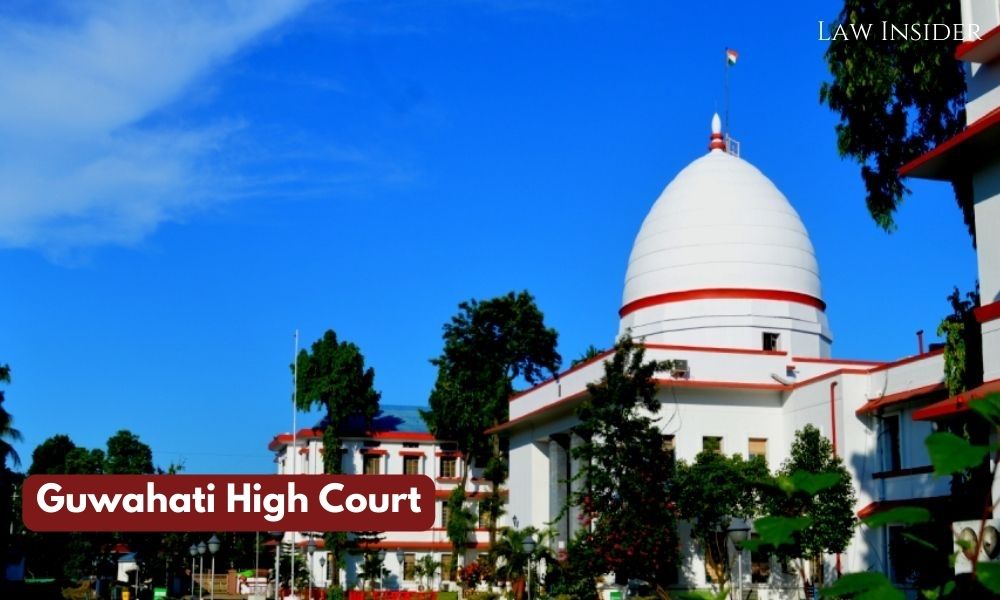Nishka Srinivas Veluvali
Published On: February 05, 2022 at 18:57 IST
On Friday, 04 February, Guwahati High Court endorsed Assam Government’s Regulation of converting State – run Madrassas into regular schools as these Government – funded schools cannot give religious directions.
The Division Bench of Chief Justice Sudhanshu Dhulia and Justice Soumitra Saikia quashed the Petition against this Law and stated, “We uphold the validity of the Assam Repealing Act, 2020 and the subsequent Orders and communication of the Assam Government”.
The State Government in January last year, had implemented the ‘Assam Repealing Act, 2020’ which abrogated the two prevailing Acts that is Madrasa Education Provincialisation Act, 1955 and the Assam Madrasa Education Act, 2018.
This Act converted 189 High Madrasas and Higher Secondary Madrasas that were under the umbrella of the Board of Secondary Education, Assam (SEBA) as well as the Assam Higher Secondary Education Council (AHSEC) into regular schools.
This Act does not affect the private – run Madrasas that function without State funds.
There were approximately 542 pre – senior, senior and title Madrasas as well as Arabic colleges that have been dissolved with the implementation of the new Act.
However, this Legislation was challenged by 13 Petitioners in the High Court stating that the mentioned Legislation is violating the Fundamental Rights guaranteed under Article 14, Article 21, Article 25, Article 26, Article 29, and Article 30 of the Indian Constitution.
Advocate General Debajit Saikia opposing the Petition argued in the Court that the mentioned Madrasas were established by the minor community but since they were “provincialized” i.e 1995 to 1996, they were not governed by the minority community and thus the directions regarding religion were also restricted.
“In that regard the Government has been acting religiously neutral”, the Advocate General asserted. He stated that students coming out of these Madrasas are unlikely to get admitted to any professional courses which eventually leads them to unemployment, thus the State has decided to transform the subjects from religious to general.
The Bench in its Order referred to Clause (1) of Article 28 of the Indian Constitution which restricts religious instructions in educational institutions that are completely operated by State – funds.
The Court Order observed that, “We must make a very clear distinction between religious instructions and religious studies or even religious education. Whereas ‘religious instruction’ has a very restrictive meaning, religious education or religious studies are much wider terms. Let us not forget these educational institutions are government institutions. It is not a grant – in – aid schools. It is admitted position that the entire salary of teaching and non – teaching staff of these provincialized madrasas come from the State exchequer”.

